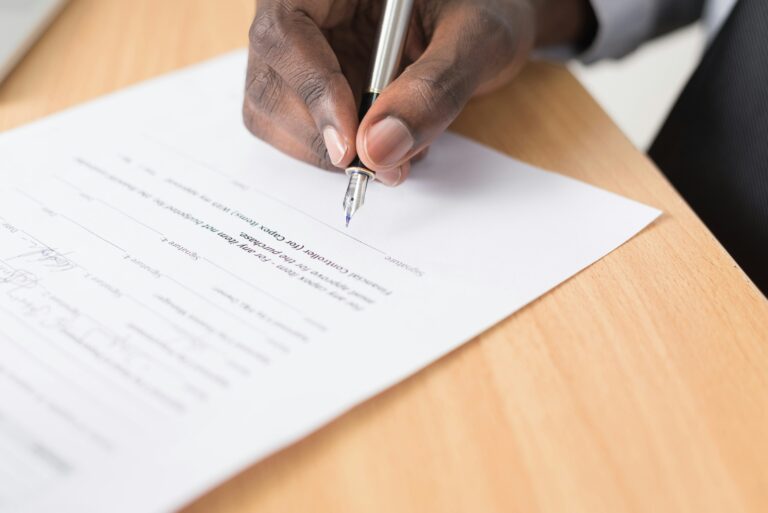1. Type of Intermediary Services:
- Commission-Based Services: If an intermediary provides services on a commission basis, the supply of those services is typically treated as a standard-rated supply for VAT purposes.
- Facilitation Services: Services that involve facilitating transactions between buyers and sellers, such as online marketplaces, are generally subject to standard-rated VAT.
2. Place of Supply Rules:
- The VAT liability may also depend on the place of supply rules. For services, the default rule is that the place of supply is where the recipient is based. If the recipient is in the UK, UK VAT is usually applicable.
3. Exemptions:
- Some intermediary services may qualify for exemptions or reduced rates, but this depends on the specific nature of the services provided. For example, certain financial and insurance-related intermediary services may be exempt.
Input VAT Recovery Position:
1. VAT Registration:
- If the intermediary is VAT registered, they can generally recover the input VAT incurred on business-related expenses, such as office supplies, marketing costs, and other overheads.
2. Business-Related Expenses:
- Input VAT recovery is allowed on goods and services that are used for the purpose of making taxable supplies. If the intermediary’s services are standard-rated or subject to VAT, they can usually recover the input tax associated with those services.
3. Partial Exemption:
- If an intermediary makes both taxable and exempt supplies, they may be subject to partial exemption rules. In such cases, input VAT recovery is apportioned based on the extent to which the inputs are used for taxable supplies.
4. Non-Business Use:
- Input VAT recovery is generally not allowed for expenses that are used for non-business purposes. If there is a mix of business and non-business use, the intermediary may need to make adjustments.
5. Evidence and Documentation:
- Proper documentation, including valid VAT invoices and records, is essential for claiming input VAT recovery. The intermediary should maintain records to support their claims in case of a VAT audit.
Recent Posts
February 14, 2024
February 5, 2024
No posts found






